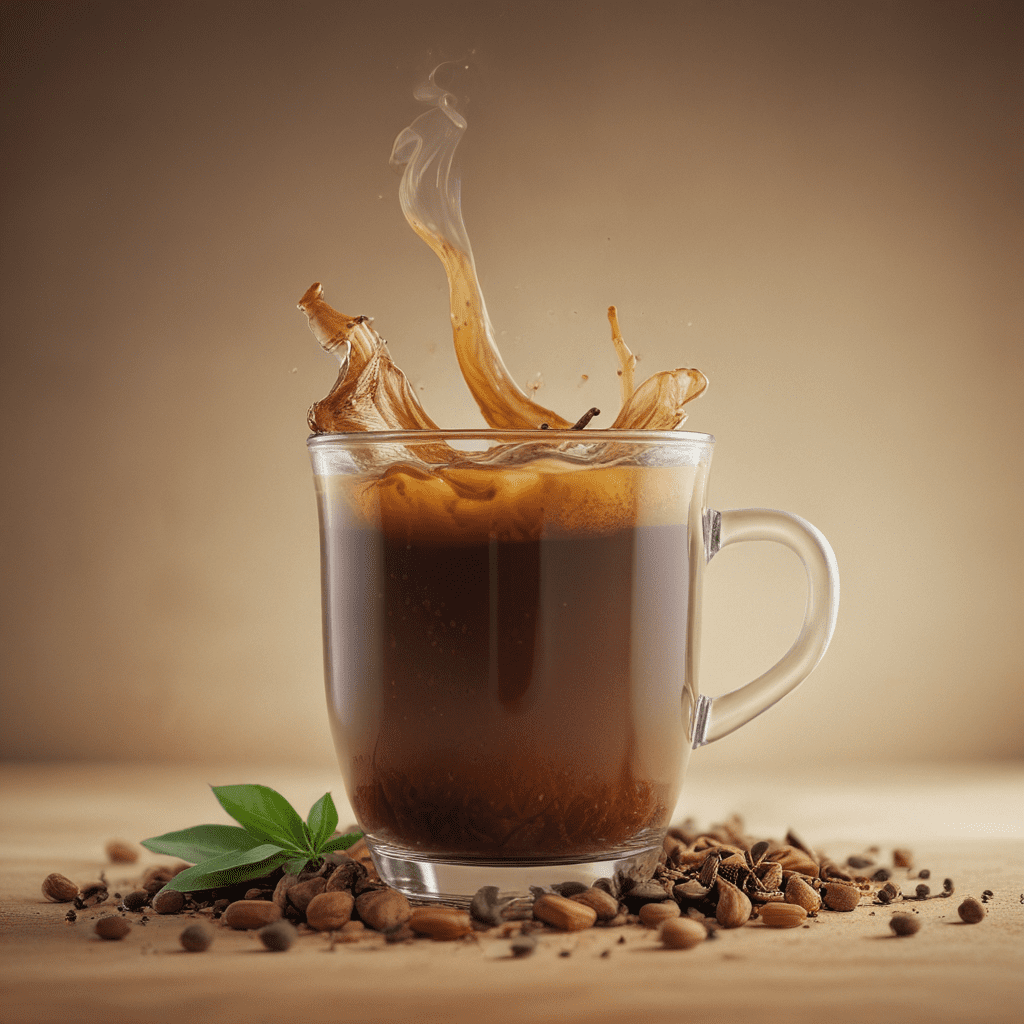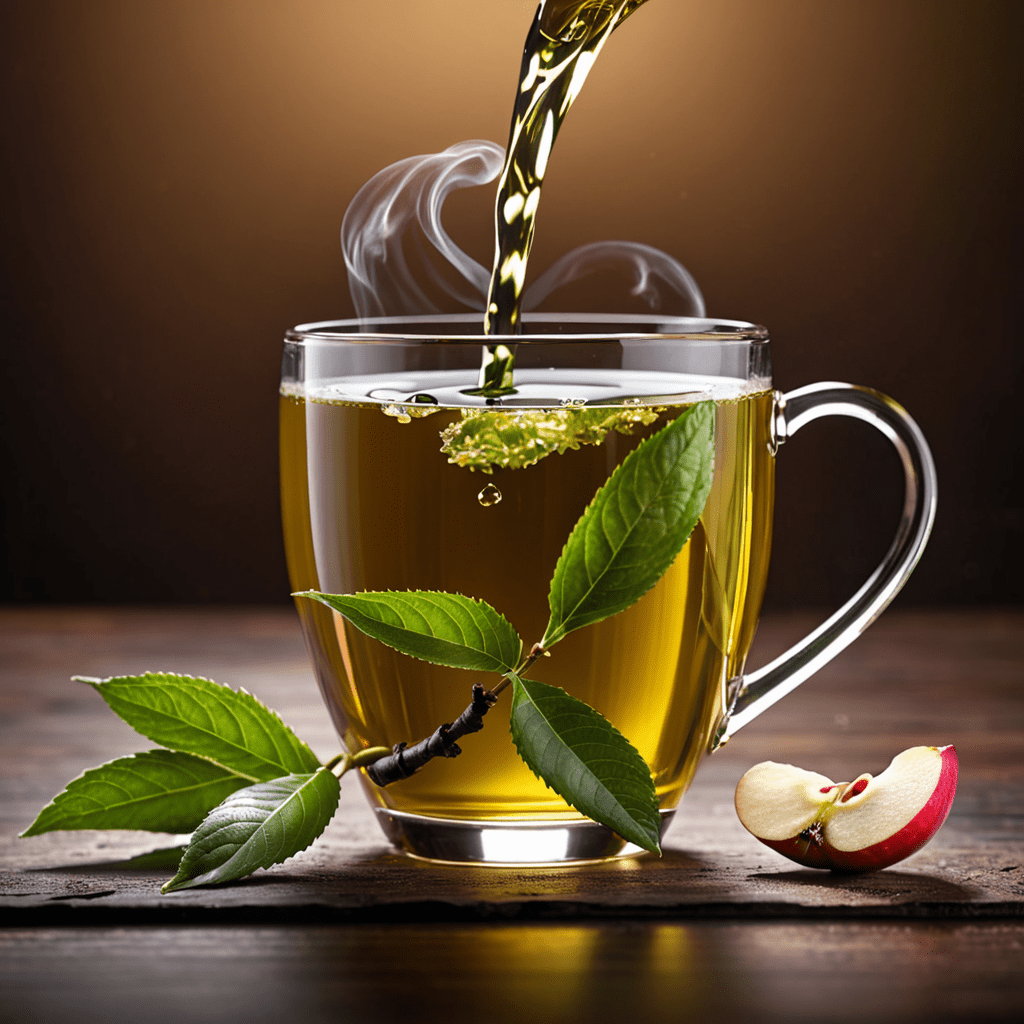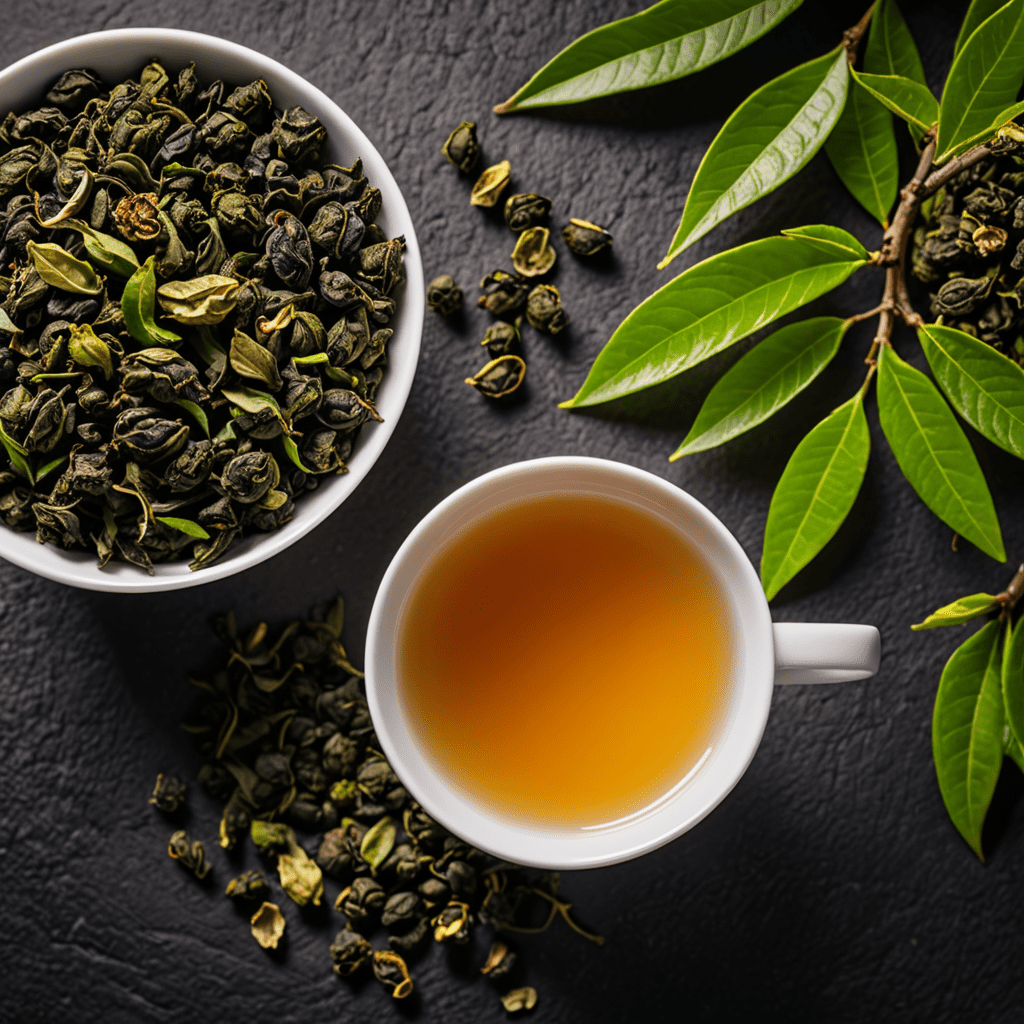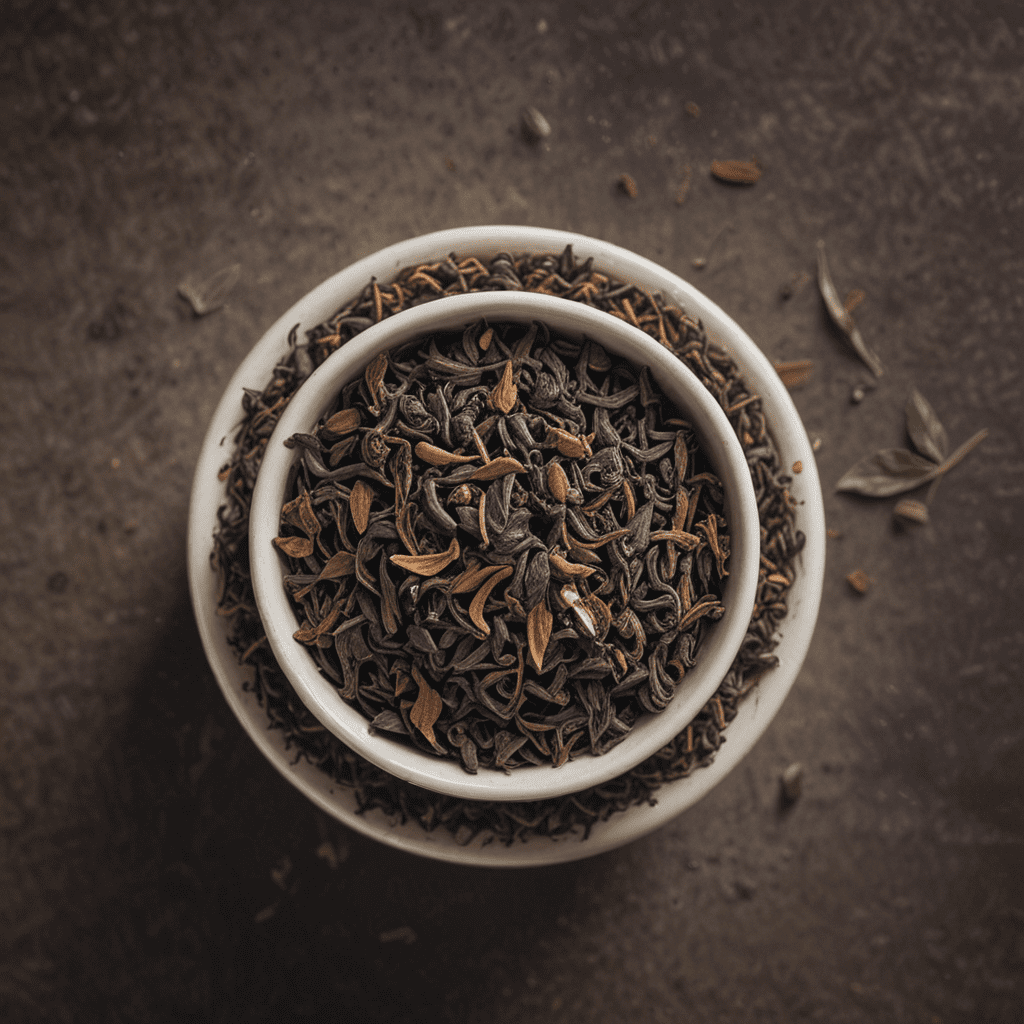
1. Introduction to Chai Tea: A Blend of Aromatics
Chai tea, a symphony of aromatic spices and rich black tea, tantalizes taste buds with its captivating allure. Originating from the vibrant streets of India, this flavorful beverage has captured the hearts and palates of tea enthusiasts worldwide. Its versatility extends beyond its traditional form, inspiring countless variations and culinary pairings that cater to diverse preferences.
2. Origins and Cultural Significance of Chai
Chai tea, deeply embedded in Indian culture, holds a profound historical and social significance. Its roots can be traced back centuries, with early references appearing in ancient Ayurvedic texts. Traditionally prepared in a clay pot known as a "chulha," chai became an integral part of daily life, serving as a symbol of hospitality and community. Today, chai stalls are ubiquitous in India, offering a warm and comforting respite for locals and travelers alike.
3. Crafting the Perfect Cup of Chai Tea
The art of brewing chai tea is a delicate balance of flavors and aromas. The foundation lies in a robust black tea, typically Assam or Darjeeling, which provides a rich and malty base. Spices, the heart of chai, are then added to the brewing process, each contributing its unique essence. The most common spices include cardamom, cinnamon, cloves, ginger, and black pepper, although regional variations may incorporate additional herbs and flavors.
4. The Spice Ensemble: Discovering the Flavors of Chai
The spice ensemble of chai tea is a symphony of flavors that dances upon the palate. Cardamom, with its warm and slightly pungent aroma, adds depth and complexity. Cinnamon, sweet and aromatic, provides a comforting and inviting touch. Cloves, with their distinctive sharp and spicy notes, lend an exotic allure. Ginger, known for its invigorating and slightly piquant flavor, adds a refreshing zest. Black pepper, the fiery member of the ensemble, contributes a subtle warmth and a hint of spiciness.
5. Health Benefits of Chai Tea: A Dose of Wellness
Chai tea is not merely a delightful beverage; it also offers a range of potential health benefits. The spices it contains possess medicinal properties that have been recognized for centuries. Ginger, for instance, has anti-inflammatory and digestive-soothing qualities, while cardamom is known to aid in digestion and reduce bloating. Black pepper, with its high content of piperine, enhances the bioavailability of other nutrients, boosting their absorption. Chai tea can also be a source of antioxidants, supporting overall well-being and potentially reducing the risk of chronic diseases.
6. Chai Tea Variations: Exploring Endless Possibilities
The traditional chai tea recipe serves as a canvas for creativity and exploration, inspiring a vast array of variations. Chai enthusiasts can experiment with different blends of black tea to create unique flavor profiles. Green tea or herbal infusions can also be swapped in, offering lighter and caffeine-free alternatives. The spice ensemble can be customized to cater to personal preferences and dietary restrictions, with some variations omitting certain spices or incorporating new additions such as nutmeg, star anise, or saffron.
7. Pairing Chai Tea with Delicacies: A Culinary Experience
Chai tea transcends its role as a mere beverage, seamlessly integrating into culinary creations. Its aromatic spices complement sweet and savory dishes alike. A warm cup of chai pairs wonderfully with pastries, biscuits, and cakes, enhancing their flavors with a touch of warmth and spice. Chai can also be incorporated into desserts such as puddings, ice creams, and even cakes, imparting a unique and delectable twist. Its versatility extends to savory dishes as well, where it can be used as a marinade for meats or added to curries and soups, infusing them with a depth of flavor and aroma.
8. Chai Tea Rituals: A Path to Relaxation and Well-being
Chai tea is more than just a beverage; it is an integral part of cultural rituals and a pathway to relaxation and well-being. In many cultures, chai is prepared in a communal setting, with family and friends gathering to share stories and laughter over a steaming cup of tea. The aroma of chai tea has a calming and soothing effect, creating a sense of comfort and tranquility. Its consumption is often associated with mindfulness and self-reflection, offering a moment to pause, connect with oneself, and find inner peace.
9. Ethical and Sustainable Chai Production: Empowering Communities
The growing demand for chai tea globally has brought increased attention to the importance of ethical and sustainable production practices. Chai enthusiasts can seek out brands that prioritize fair trade practices, ensuring that tea growers and workers receive a fair wage and work in safe and equitable conditions. Sustainable farming techniques that preserve the environment and protect biodiversity should also be considered. By choosing ethically sourced and sustainably produced chai, consumers can contribute to the empowerment of communities and the preservation of the planet.
10. Conclusion: Embracing the Chai Tea Journey
Chai tea, with its captivating flavors, rich cultural heritage, and potential health benefits, continues to enchant tea lovers worldwide. Its versatility extends from traditional preparations to endless variations and culinary pairings. The rituals and ceremonies surrounding chai tea enhance its significance and provide opportunities for relaxation and well-being. By embracing ethical and sustainable production practices, chai enthusiasts can contribute to the empowerment of communities and the preservation of the environment. The journey of chai tea is a continuous discovery of flavors, traditions, and wellness, inviting all who partake to immerse themselves in its captivating allure.
FAQs:
What is the caffeine content of chai tea?
- The caffeine content of chai tea can vary depending on the type of black tea used and the brewing time. Typically, a cup of chai tea contains about 40-60 milligrams of caffeine, less than the average cup of coffee.
Can chai tea be made without black tea?
- Yes, chai tea can be made without black tea. Herbal infusions or green tea can be used as alternatives to create caffeine-free variations.
How can I customize my chai tea?
- Chai tea is a versatile beverage that allows for customization. You can adjust the spice blend to suit your preferences, adding more or less of any spice as desired. Honey, maple syrup, or other sweeteners can be added to taste.
Is chai tea good for digestion?
- Yes, chai tea is generally considered to be good for digestion. Ginger, a common ingredient in chai, is known for its anti-inflammatory and digestive-soothing properties. Cardamom is also believed to aid in digestion and reduce bloating.
Where can I find ethically sourced chai tea?
- Look for brands that prioritize fair trade practices and sustainable farming techniques. Check certifications from organizations like Fair Trade USA or the Rainforest Alliance for assurance.


